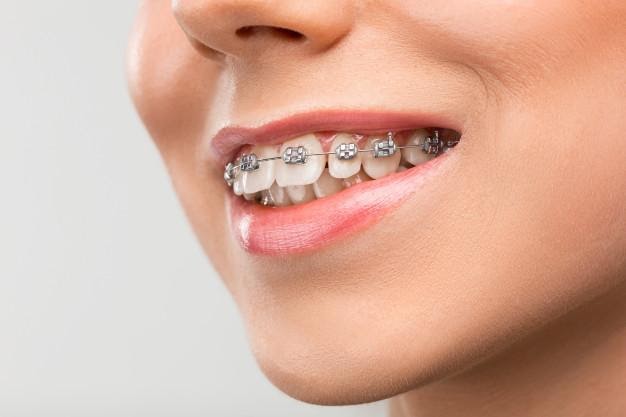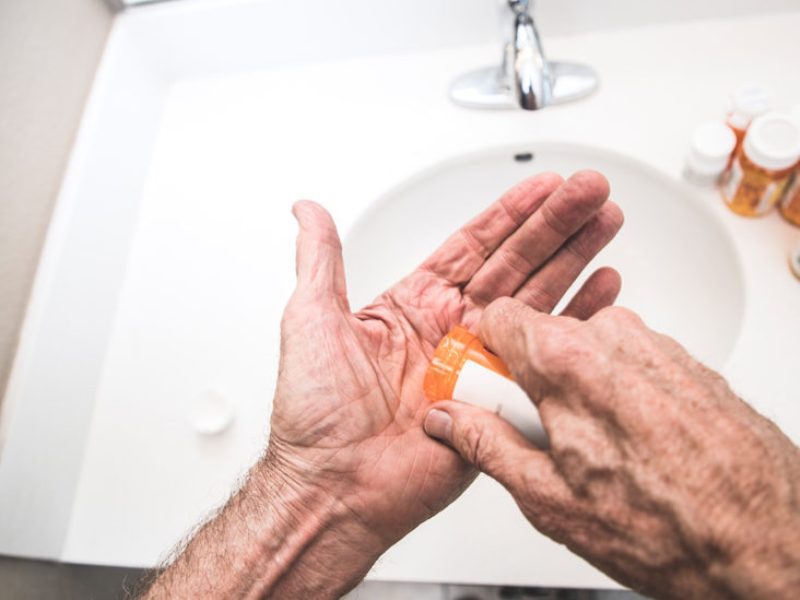Research suggests that red wine is good for you. It is also an alcoholic drink, and may bring about the same negative effects that other types of alcohol have been proven to have on the body. Who should you believe?
Wine is made from grape pulp, and is fermented with sugar and yeast. Factors such as quality, color and alcoholic content depend on the wine maker.
Excessive consumption of alcohol may result in alcoholism and alcohol dependence, liver cirrhosis, weight control problems which may result in obesity, increased risk of heart disease and diabetes, and an increased likelihood of depression. Since it is an alcoholic beverage, red wine also possesses these risks if consumed in excess.
The moderate amounts of red wine are 1-2 glasses in a day for 3-4 days in a week.
But what are the benefits of drinking moderate amounts of red wine?
It has a rich nutritional value
A 125ml glass of red wine contains at most just below 100 calories, depending on the alcoholic content and quantity of sugar used. Regardless of the wine maker, all red wine is packed with antioxidants such as flavanoids and reservatol. These antioxidants are the main nutritious component of red wine.
Alongside these, red wine also has manganese, phosphorus, iron, choline, potassium, fluoride and vitamins B6 and B12. Red wine can have the same nutritional value as a glass of fruit.
It is ideal for your heart

Red wine increases the levels of omega-3 fatty acids in the blood, which protect the heart against coronary diseases. Red wine also increases the amount of natural cholesterol in the body, which prevents fat from clogging the heart and blood vessels.
Reservatol increases the strength of the blood vessels and combines with natural cholesterol to prevent blood from clotting. Red wine also activates sirtuin-1, which similarly protects the heart.
Drinking moderate amounts of red wine for three or four days in a week will also reduce the likelihood of stroke.
It reduces the risk of diabetes and lowers blood pressure levels.
Red wine helps your body to develop sensitivity to insulin. It contains some amount of ethanol, which helps to break down glucose in the body. This reduces insulin resistance, which also reduces the likelihood of developing diabetes.
When taken moderately, it has been shown to reduce the likelihood of developing type-2 diabetes in women.
Alcoholic beverages improve the likelihood of diabetes when taken in excessive amounts. The recommended amounts of red wine are not in supplement of other types of alcohol. The total 3-8 glasses during the week represent your entire alcoholic intake for that period. Exceeding this amount might result in the negative consequences of alcohol consumption.
It revitalizes your skin

The high antioxidant content in red wine helps to protect you from the effects of oxidation on your organs as well as your skin. Red wine will help protect you from rapidly aging, and keep your skin looking young and healthy.
Tannin, flavanoids and reservatol will work to restore important skin components such as collagen and fibre that will give your skin a radiant glow as well as restore its elasticity. It also has polyphenols, which will maintain your skin’s new radiance levels. You can forget about sagging skin with regular moderate consumption of red wine.
Red wine has been prescribed for skin treatment with great success. Its rich antioxidant content will do away with blemishes, wrinkles and spots.
It also offers your skin protection against powerful ultraviolet rays from the sun that may cause sunburn.
Alcohol can increase the likelihood of aging. If you want to get the full anti ageing benefits of red wine, you should remember to drink only moderate amounts of red wine every day, and to control the number of times that you drink it during the week.
It reduces stress and improves mental health

Red wine is good for your mental health. Reservatol and other antioxidants in red wine boost the body’s protein synthesis ability while reducing the likelihood of fat maturity. The consequence is that your mind is more relaxed when you drink a glass of red wine.
Due to its ability to relax your mind, red wine can reduce the effects of mental conditions such as depression. A glass of red wine could be the pick me up that your brain badly needs.
Red wine could help the depressed symptoms of oxycodone withdrawal and other similar withdrawal problems arising from your fight against dependency. In order for it to be a success, you should remember to drink moderate amounts of red wine only.
It reduces the likelihood of obesity

Red wine has a low calorie to nutrient ratio. It is packed with important minerals and antioxidants that will boost your overall health. It also has low calorie levels. Having a glass or two of red wine will supplement your body’s nutritional needs without increasing your calorie intake.
The low calorie content and high nutritional value of red wine cannot be found in any other alcoholic beverage. Instead of causing you weight problems; red wine will prevent you from ever experiencing them.
You should remember to drink only within the recommended amounts of red wine for full benefit. Exceeding this amount may result in unbalanced metabolism, which may result in the development of obesity, and obesity-related complications.
Final thought
Red wine is beneficial for your health. It is rich with antioxidants and other compounds that will help you become healthier and disease free. However, red wine is an alcoholic beverage. You should remember to consume it in moderation, as it can have a number of the side effects of other variants of alcohol.
The recommended moderate amounts are around 1-2 glasses in a day for between 3-4 days in a week. If you exceed these amounts, you might put yourself at the risk of suffering the negative effects of excessive alcohol consumption. If you keep your red wine consumption within these limits, it will be beneficial to your health.




